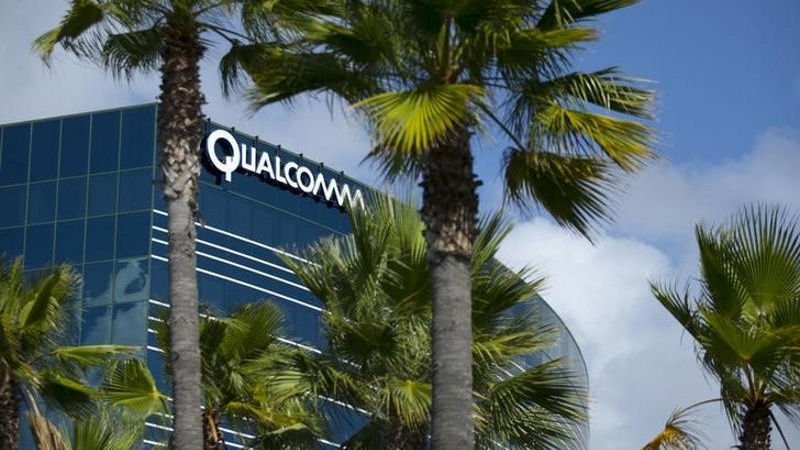

The Federal Trade Commission’s antitrust lawsuit against Qualcomm can proceed, a federal judge ruled late on Monday, meaning the iPhone chip supplier must now wage a fight with US regulators even as it contests a separate $1 billion lawsuit filed by Apple.
US District Judge Lucy Koh of the Northern District of California in San Jose denied Qualcomm’s motion to dismiss the FTC’s lawsuit, saying the agency’s allegations would amount to anticompetitive behaviour on Qualcomm’s part if proved true.
In response, Qualcomm said the case is still in its early stages. “FTC will have the burden to prove its claims, which we continue to believe are without merit,” Don Rosenberg, executive vice president and general counsel of Qualcomm, said in a statement on Tuesday.
The FTC sued Qualcomm in January, alleging the company engaged in anticompetitive tactics to maintain a monopoly on the chips that let cell phones connect to mobile data networks.]
The FTC highlighted Qualcomm’s “no licence, no chips” policy under which the San Diego company refuses to sell chips unless customers also sign a patent licence agreement and pay Qualcomm fees. Qualcomm refused to grant licenses to its rivals in order to keep a monopoly, the FTC alleged.
Qualcomm asked Koh to throw out the case, arguing that even if all the FTC’s allegations were true, they would not amount to wrongdoing.
Qualcomm, the largest independent maker of chips used in smartphones, is a major supplier to Apple and Samsung Electronics for modem chips that connect phones to wireless networks.
Intel and Samsung, which are not parties to the case, filed briefs opposing Qualcomm’s attempt to the have the case dismissed.
Koh rejected Qualcomm’s arguments, ruling that the FTC had “adequately alleged” anticompetitive behaviour.
“We look forward to further proceedings in which we will be able to develop a more accurate factual record,” Qualcomm’s Rosenberg said in the statement.
Separately, Apple sued Qualcomm for $1 billion in January. Last week, Apple argued Qualcomm’s chip licenses are invalid under a ruling last month from the US Supreme Court. Apple’s contract manufacturers such as Foxconn stopped paying Qualcomm as that case proceeds, which in turn prompted Qualcomm to sue the contract manufacturers.
In addition to the complaint from the FTC, Qualcomm has faced a series of antitrust rulings and investigations from regulators across the globe, including China and South Korea.
The FTC’s case is No. 5:17-cv-00220 in the Northern District of California.
[“Source-ndtv”]

